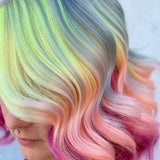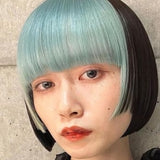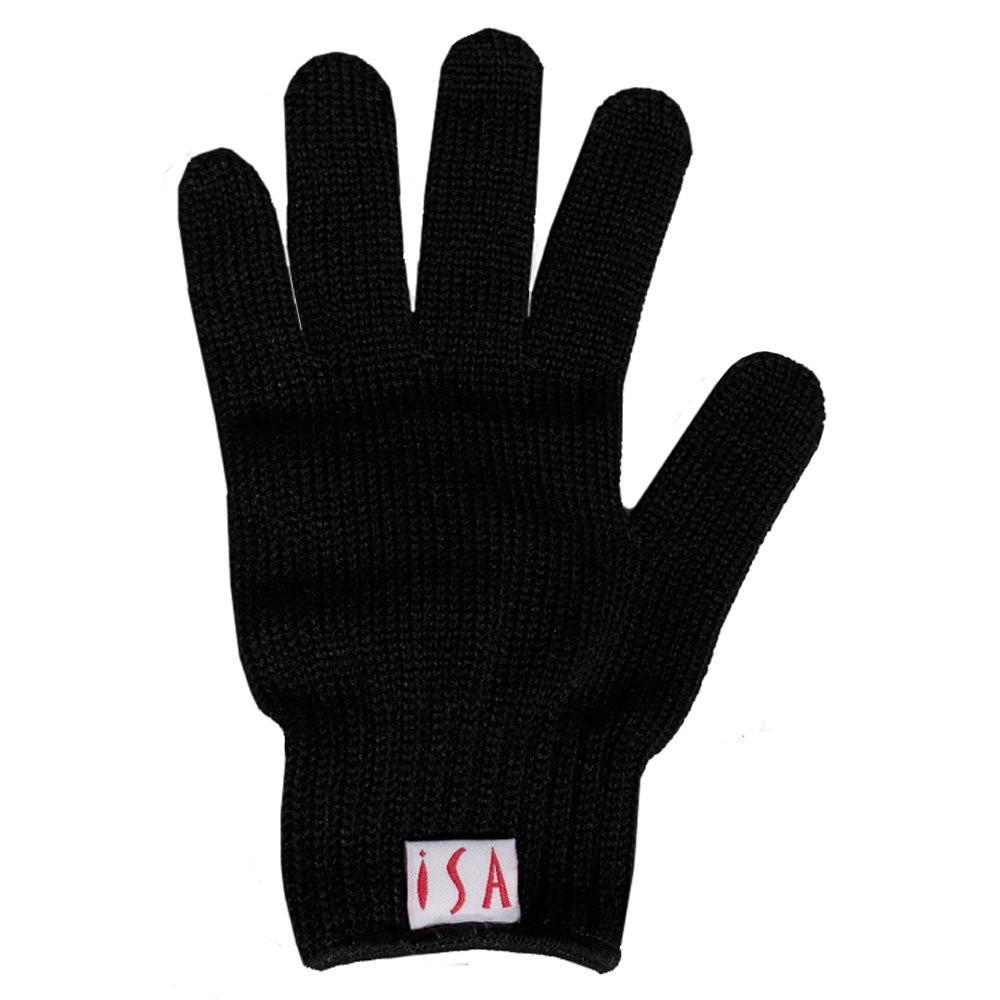How To Treat An Oily Scalp At Home
DIY Oily Scalp Treatment
All of us can get a greasy scalp from time to time, but there are also those who can't seem to shake off all that natural oil from their hair. Those with oily scalps have to deal with looking like they overdid it with a hair product and some even feel uncomfortable from an itchy scalp. Some people get oily scalps from too much stress at work or school, and some are just born with that type of hair. Since an oily scalp clogs hair follicles with dirt, an oily head of hair can also lead to hair loss, because of poor circulation. While it may seem very frustrating to constantly try to avoid limp, greasy locks, there are ways to help you treat your scalp in the comfort of your house. If you are having issues with an oily scalp, follow these tips to get balanced, healthy hair!
Use High Quality Hair Products and Styling Tools
Cheaper brands of hair products like shampoos and serums leave a lot of buildup in your hair and scalp because of the harmful chemicals they contain. These then leave you with even oilier hair, making it an endless cycle. While some believe you should wash oily hair everyday, I have found that shampooing your hair no more than three times a week is the best method. If you wash your hair out too frequently, your oil glands will go haywire trying to make up the oils you keep washing off.
While too much oil is a bad thing, too little oil can also be harmful. Stick to products with natural ingredients that boast oil control benefits; these will help keep your hair balanced, leaving you with healthy locks. Keep in mind that oil absorbing shampoo's usually contain tar, zinc or sulfur. High quality products holds true for heat styling tools as well; a flat iron made of 100% ceramic/tourmaline will protect your hair with evenly heating plates. I suggest investing in the Victorya flat iron by ISA Professional, it leaves hair super smooth and helps prevent damage that other, cheaper brands can cause you.
Only Apply Conditioner On Your Ends, Avoid Your Roots
This is because conditioner will only add more oil to your hair, weighing it down even more. By applying conditioner on your ends, you hydrate any split ends you might have. Avoid conditioning your roots to see the difference in your oil production. Some stylists suggest skipping the conditioner altogether; if you find conditioning your ends to not be enough to control your oil production, try skipping the conditioner for better results. Remember to rinse with cold or room temperature water for a long amount of time, for best results. By rinsing longer than usual, you ensure you get rid of any product still left in your hair, leading to less oil.
Use Dry Shampoo Or Talcum Powder For A Quick Oil Soaking Fix
Dry shampoos are especially beneficial to the oily scalped. Dry shampoos soak up oil from your scalp; use it between washing days to keep your hair looking great. It also removes any environmental build up or dirt on your scalp, leaving your hair nicely scented in the process. You can also use talcum powder to soak up the oil, just apply to the roots and comb through the hair.
Apply Vinegar Rinse Once-Twice A Week
White vinegar has acetic acid which quickly helps control your scalp's oil production and helps prevent dandruff. Mix one cup of white vinegar with half a cup of water. Apply all over your hair, making sure your scalp is soaked. Let it sit for 15 minutes and rinse off with cold water. Your hair will be oil and dandruff free and the smell goes away after hair dries.






